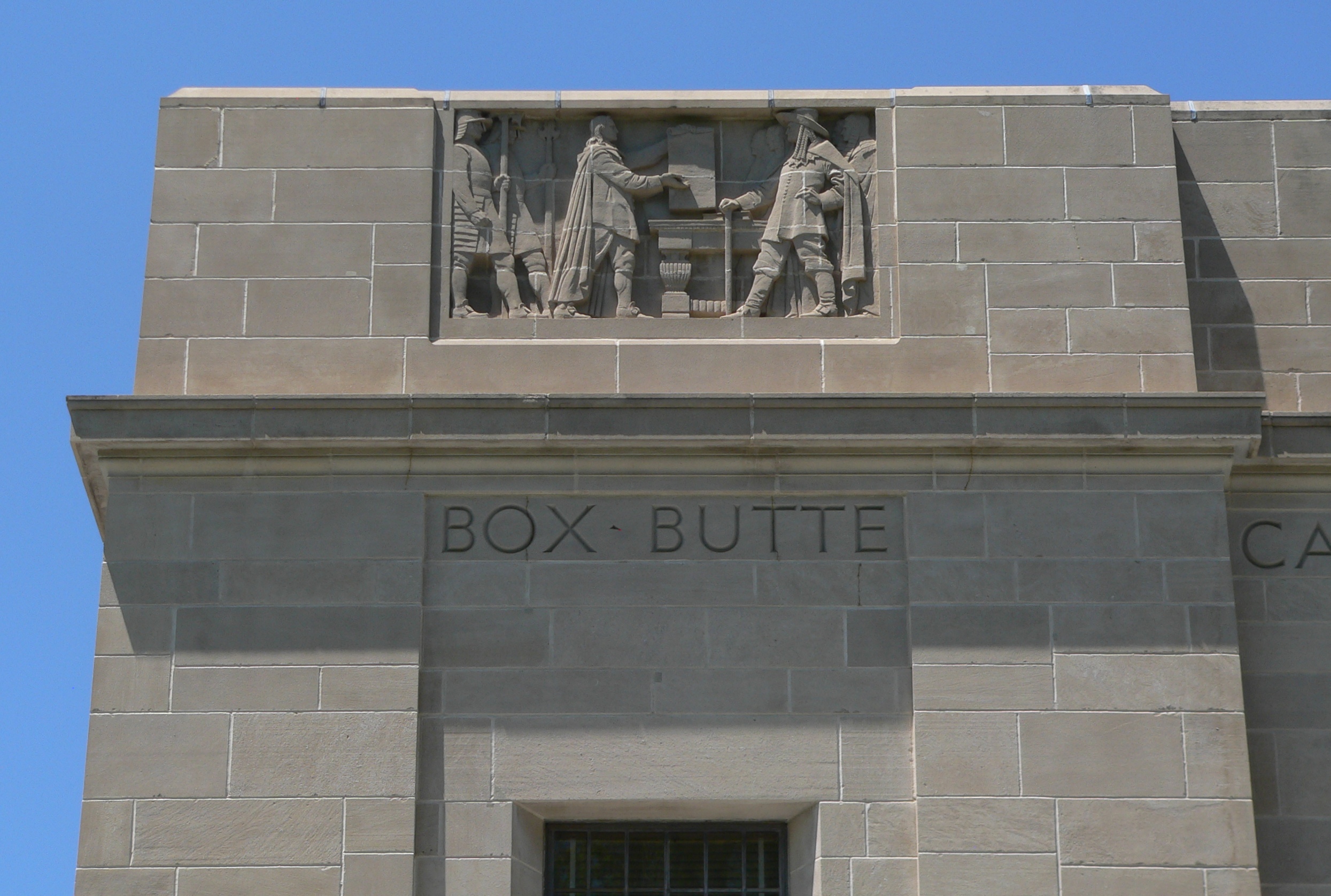 Picture this: you’re enjoying your daily dose of local news when your name surfaces amidst a hailstorm of defamatory allegations. Your reputation takes a blow, and you decide to fight back by filing a lawsuit. This might sound like a gripping storyline from a TV courtroom drama, but for Mary R, this was a harsh reality. Today we’ll delve into her case, a fascinating battle highlighting the intriguing intersections between public figures, free speech, and defamation law.
Picture this: you’re enjoying your daily dose of local news when your name surfaces amidst a hailstorm of defamatory allegations. Your reputation takes a blow, and you decide to fight back by filing a lawsuit. This might sound like a gripping storyline from a TV courtroom drama, but for Mary R, this was a harsh reality. Today we’ll delve into her case, a fascinating battle highlighting the intriguing intersections between public figures, free speech, and defamation law.
The otherwise bustling city of Baton Rouge, home to the Louisiana State University Tigers and famed for its vibrant Mardi Gras celebrations, became the backdrop of a less joyous event. It was here that Mary R found herself at the center of a legal maelstrom against John L and the consolidated governing body of the city itself. Mary R’s contention? She claimed that John L had cast aspersions on her, uttering false statements that tarnished her good name, while the city officials who could have reined in these allegations simply looked the other way. The case thus began, a small David standing against a massive municipal Goliath.”
Mrs. R had filed a lawsuit, claiming John L had made false and defamatory statements about her, while the members of the City Parish who could have prevented such defamation failed to do so. The defendants filed a special motion to strike, and the trial court dismissed Mary R’s claims with prejudice in July 2015.
In a later development, the defendants filed a motion to fix costs and for an award of attorney fees and costs, which the trial court granted. Mary R appealed this judgment, leading us to the crux of the case.
Mary R alleged that the trial court had abused its discretion in awarding attorney fees and costs, as her lawsuit was not baseless, nor was it instituted to chill speech. The Court of Appeals found that these allegations fell flat under Louisiana Law. To explain, the state’s civil procedure unambiguously states that fees can be awarded if you win a motion to strike.” LA Code Civ Pro 971.
Moreover, the Court added that the statute’s goal was to screen out meritless claims pursued to chill one’ s constitutional rights under the First Amendment of the United States Constitution to freedom of speech and press. In re Succession of Carroll. As such, this left no room for discretion. Hence the Court found no abuse of power in awarding attorney fees and costs to the defendants.
Mary R also contended the awarded amount was exorbitant, unreasonable, and thus an abuse of discretion. However, this Court upheld that an award consistent with the affidavit submitted by the defendant establishing the amount of legal work performed and the costs associated in addition to that was Mary R and not an abuse of the trial court’s discretion.
This appeal shows the importance of transparency in billing practices and the need for clear communication between clients and their attorneys. While Mary R’s major allegations were dismissed, the court’s decision to amend the awarded sum is a subtle reminder of the attorney-client trust’s sanctity and the obligation of attorneys to ensure their bills are accurate and justified.
As an excellent attorney would confirm, in the complex web of legal proceedings, it’s about winning a case and upholding the highest standards of professional conduct and client service. As such, it is advised to approach a good lawyer or an excellent attorney who understands the nuances of laws and ensures all parties interests are protected.
Additional Source: MARY R V. JOHN L AND THE CONSOLIDATED GOVERNING BODY OF THE CITY OF BATON ROUGE AND C THE PARISH OF EAST BATON ROUGE
Written by Brian Nguyen
Additional Berniard Law Firm Article on Defamation: Louisiana Court Requires Falsity Finding in Lawyer’s Defamation Lawsuit
 Insurance Dispute Lawyer Blog
Insurance Dispute Lawyer Blog

